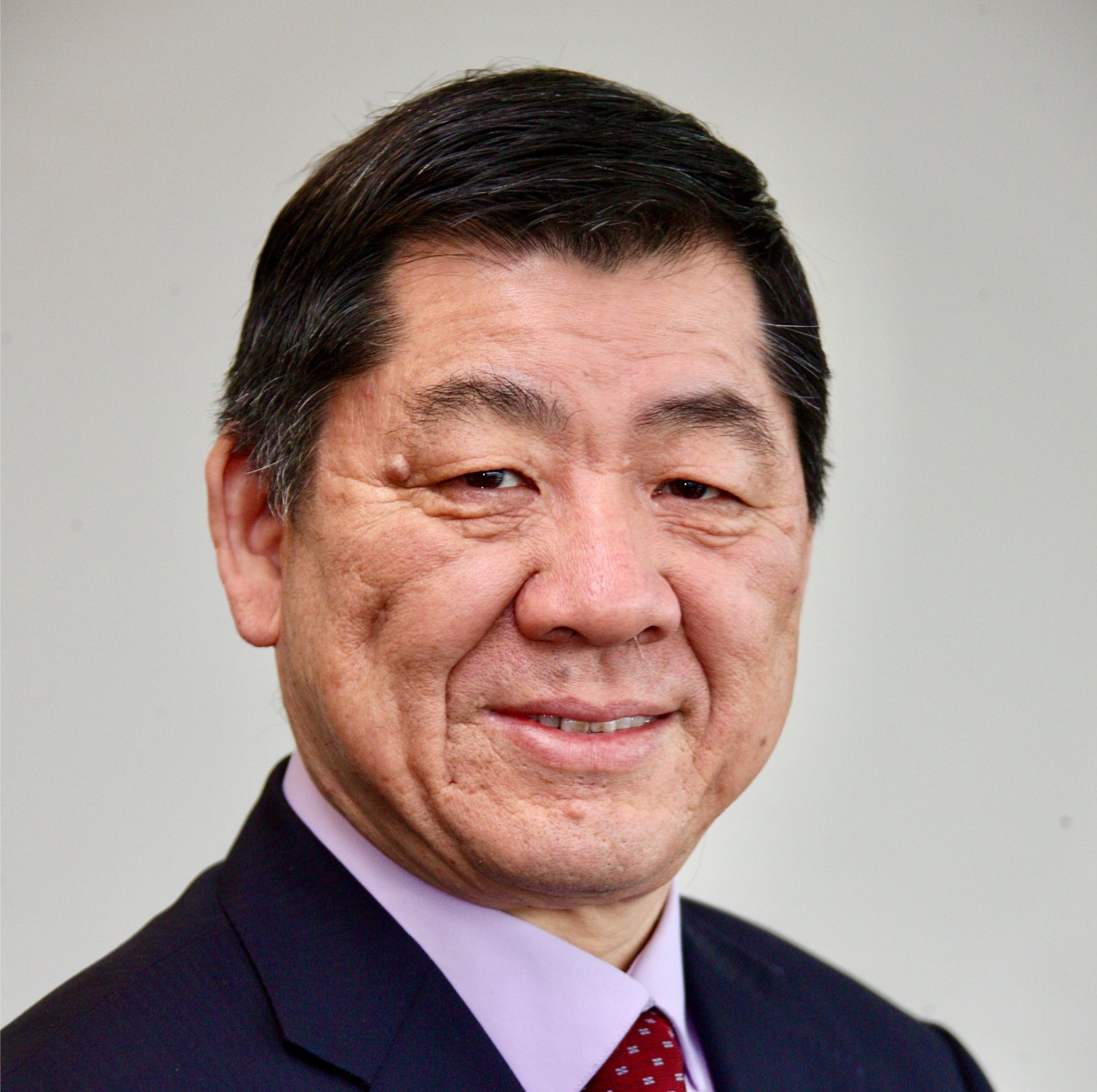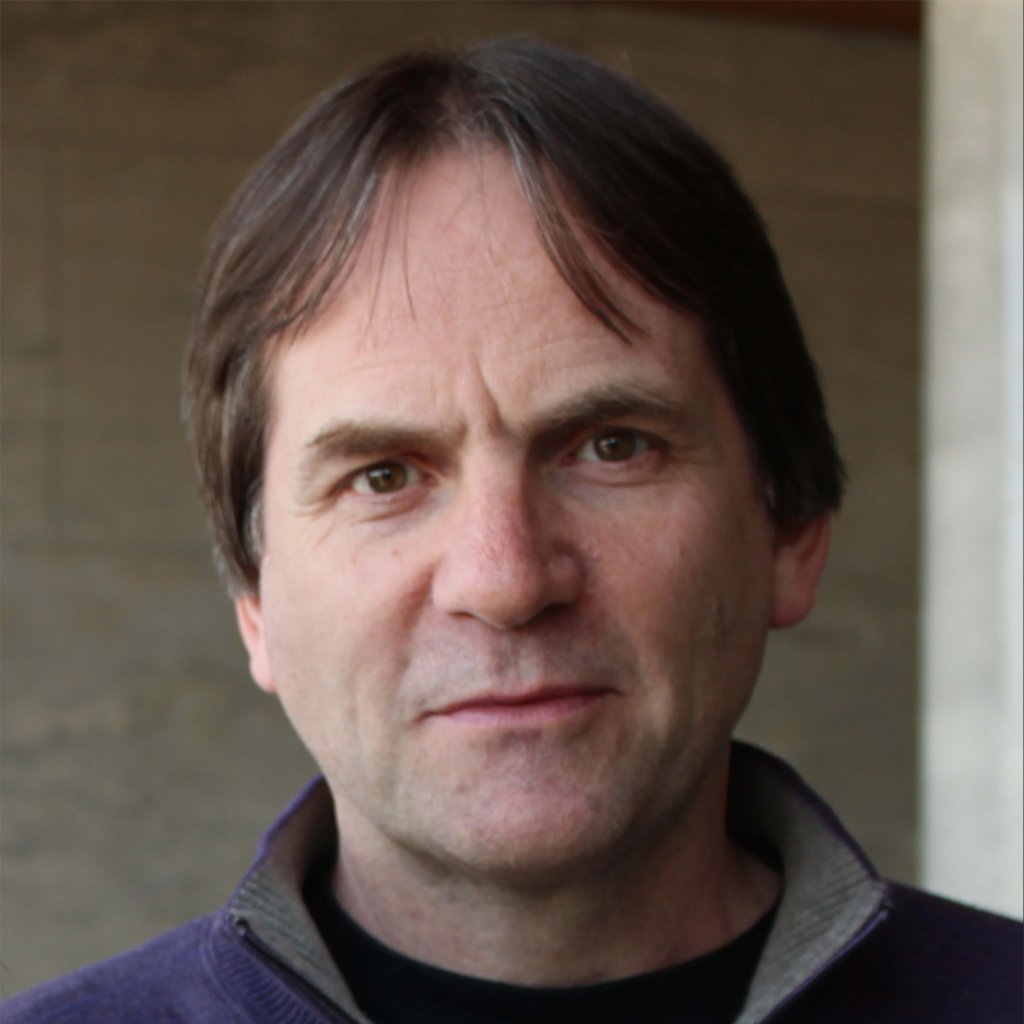The 2030 Agenda for Sustainable Development aside from providing a framework to sustainability and equality, can also represent how to better link basic science and education with issues such as climatic and environmental change, water and energy security, ocean preservation, disaster risk and other existential risks to living sustainably on planet Earth. While we celebrate the International Year of Basic Sciences for Sustainable Development (IYBSSD), it is important to recognize the contribution basic science can make to the implementation of the 2030 Agenda.
The International Year, promulgated by the United Nations, encourages exchanges between scientists and all categories of stakeholders, whether from grassroots communities or political decisionmakers and international leaders, to associations, students and local authorities.
GeoUnions (a group of nine unions and associations representing the geosciences, who are also members of the ISC), established a “Distinguished Lecture Series on Basic Sciences for Sustainable Development” aligned with the IYBSSD to highlight the importance of basic sciences for sustainable development within the ISC community.
“It is an honour for the ISC’s geoscience unions to promote the importance of basic science as it relates to the Sustainable Development Goals in multidisciplinary settings. We are delighted that the following outstanding representatives from our unions have agreed to be the first to share their expertise as part of the distinguished lecture series for the International Year for Basic Science for Sustainable Development.”Alik Ismail-Zedeh, Senior Research Fellow, Karlsruhe Institute of Technology, Germany; Fellow, International Union of Geodesy and Geophysics, and ISC Fellow
To promote discussion and debate around these issues, the ISC will convene three online webinars on 21 February, 21 March and 18 April 2023, to discuss rethinking environmental security for the 21st century; disaster risk reduction and interdependencies between vulnerability, exposure, and hazards; and how we can consider the SDGs and the 2030 Agenda from a data-driven geographical perspective. Our speakers, Simon Dalby, Irasema Alcántara-Ayala and Chen Jun invite you to engage this conversation:
Webinar 1 : “Firepower, Geopolitics and the Future: Rethinking Environmental Security”
As climate change accelerates and causes ever more calamities to human societies, scholars need to think much more carefully about how the world is changing and why. One key to this is the role of combustion in modern societies and the need to constrain its use in both the civilian and military arenas to build a more secure future for all.
The interconnected crises of energy, security, and climate change require rethinking many aspects of modernity. The great power rivalries, accelerating climate related calamities, and technological innovations reprise many of the themes first clearly articulated at the 1972 Stockholm United Nations Conference on the Human Environment. Half a century later the urgency of grappling with our predicament, of only having one earth, requires redoubled efforts to link across disciplines, and in particular across the divide between natural and social sciences. Innovative formulations such as the Anthropocene are needed because perpetuating the modern social order based on firepower can no longer provide security. Instead, strategies to facilitate adaptation and remove institutional blockages to rapid energy innovation are a key theme for policy makers, and likewise for researchers in numerous geosciences.
Professor at Wilfrid Laurier University, Waterloo, Ontario, a Senior Fellow at the Centre for International Governance Innovation and Senior Research Fellow at the University of Victoria Centre for Global Studies.
“Historically the partial control of combustion has been key to human development, but in future the use of fire must be much more carefully constrained if the promise of the sustainable development goals is to be delivered for future generations.”
Simon Dalby
Webinar 2 : “Apprehending the Duality of Disaster Risk and Sustainable Development”
Disaster risk and disasters are socially constructed systemic processes that unfold over time due to the relationships and interdependencies between vulnerability, exposure, and hazards. Have you ever wondered why geography is a compass for understanding disaster risk reduction and global sustainability?
Although certainly nothing erodes sustainable development more than a disaster, the root causes of disaster risk, and therefore of disasters, are political, socio-economic, institutional and environmental factors often linked to skewed development models. The complex duality of disaster risk and sustainable development requires an understanding that goes indeed beyond a single discipline. Nevertheless, the nurtured perspective of geographic knowledge provides significant and elementary principles to apprehend and address the multidimensions of the humanized landscape within the sphere of the prevailing socio-territorial challenges. The objective of this lecture is to give a powerful impetus to reflection and actions on disaster risk reduction and global sustainability in an era of unprecedented socio-environmental changes, in which the leading role of geography as a compass to support transdisciplinary approaches to strengthen policy formulation and practice is indispensable.
Former Director and current Professor and Researcher at the Institute of Geography of the National Autonomous University of Mexico (UNAM), and ISC Fellow (appointed in December 2022).
“In the face of the current pace of socio-environmental changes, more than a focus on hazards is required. Geography and geographers have contributed to the debate on the complex interactions of the puzzle of humanized landscapes and, therefore, are continuously challenged to build inter and transdisciplinary efforts to understand and address the causes, dynamics, mechanisms, and impacts of such changes, but significantly to contribute to the policy-making domain.”
Irasema Alcántara-Ayala
Webinar 3 : “Geospatial Information-Enabled SDGs Monitoring”
A systematic follow-up and review through indicators-based tracking and reporting of the progress towards 2030 Sustainable Development Goals (SDGs) through integration of statistical data and geo-information is a challenging task and a hot topic for both governmental agencies and scientific communities. This lecture provides an overview of United Nation recognized good practice on monitoring of geospatial information-enabled SDGs, which demonstrates how the overall SDGs progressing at a local context can be measured through developing a set of indicator-based, data-driven and evidence-supported approaches with a geographic perspective.

Professor/Chief Scientist at the National Geomatics Center of China, Beijing, China
Question : how are your activities in geospatial monitoring and data collection improving our understanding and path to achieve SGDs, which in particular ?
Michel Spiro, president of the International Union of Pure and Applied Physics, and chair of the Steering committee for the International Year said:
“Applications of technology are easy to recognize. On the other hand, contributions of basic, curiosity-based, sciences are not well appreciated. They are nonetheless at the basis of major technological advances that stimulate innovation, as well as essential for training future professionals and for developing capacity of populations who can take part in decisions that affect their future.”
Michel Spiro
Source: https://council.science/current/blog/basic-sciences-webinars/



